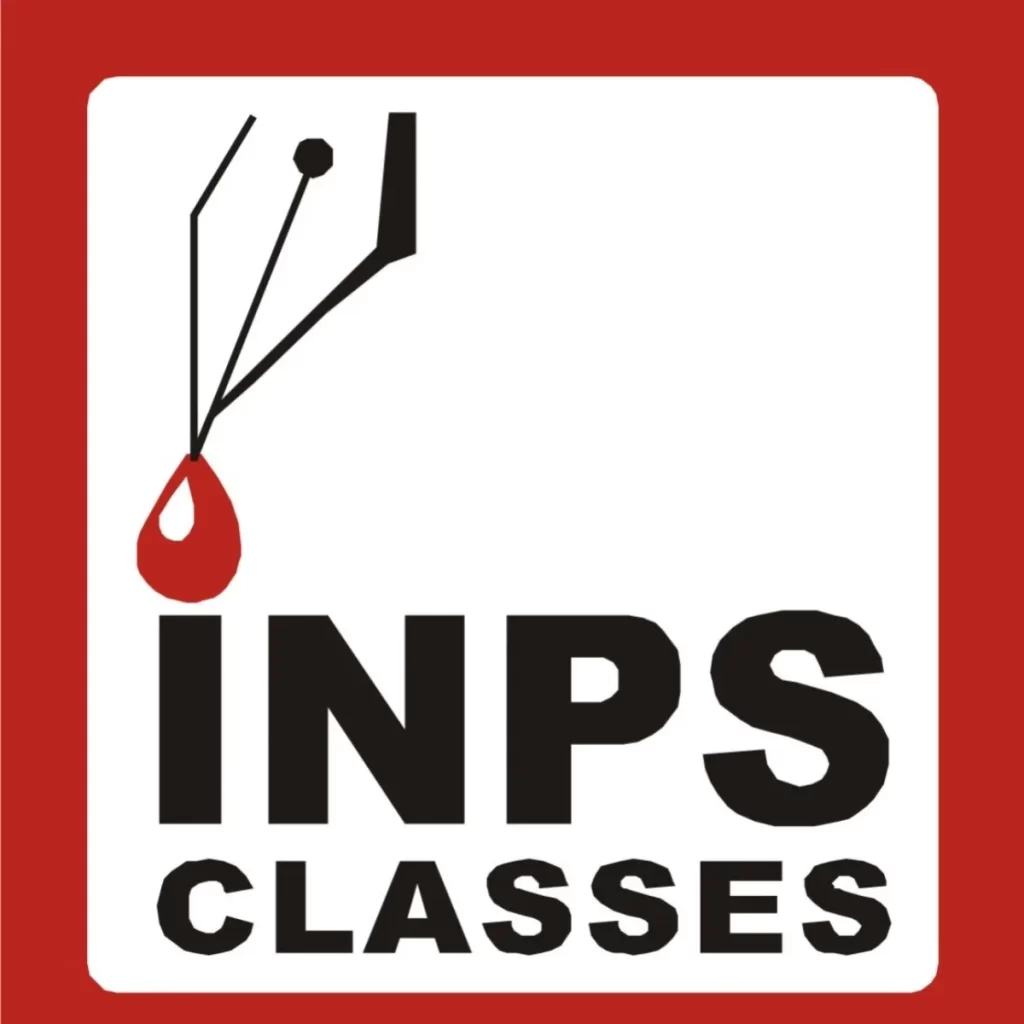How to Revise Effectively for Competitive Exams ?

Students preparing for a Competitive Exam often have the following Questions:

How to Revise?
How frequently to revise?
What all to revise especially a day before the test?
How to deal with weak topics?
How to complete pending work?
How to revise effectively for competitive Exams



Revision Strategy
When we revise for a test, we pick a topic and start revising using the notes we have made. It so happens that as the test date arrives, we may have completed revising the notes of some chapters, but do not have time for practicing questions. Generally, in every periodic test, this pattern repeats.
We use notes as the starting point because these are our comfort zone, and end up revising the notes of only those topics that we are already strong at. Is it worth the time spent?
Does this process contribute significantly to our revision? Also, what strategy should one adopt for smart revision when there are many topics to be revised?

Adopt SMW Technique
Do not just pick random topics randomly and start revising. Revision is effective when done with some planning. The SMW technique is very useful. SMW stand for “Strong, Medium, and weak.”
To start with classify the chapters of all the subjects Strong, Medium, Weak. We call a topic “Weak” if you are able to solve less than 30% of the problems in that topic, medium if you are able to solve 30% to 70% and strong if you are able to solve more than 70% of its problems.

Note: Whenever you solve problems of a topic like Quadratic Equation or Set theory for example Mark each problem to DPP or assignment as Easy, Average, Medium, Difficult and very difficult. This process will be very helpful while your revision.
After classification of each chapter you read start with weak topic, Yes often you hesitate to pick weak topic for revision because weak topics are not among our favorite and we hesitate to pick them. That’s why they remain weak and become weaker by time. Whereas revising our favorite topics i.e. strong topics, again and again is satisfying us. However the weak topic is also the part of our syllabus, we would like to be in good terms with them and that too as early as possible.
So take a deep breath, gather some strength, and pick a weak topic. Start with your notes, read each and every line, and then practice its DPP. And attempt easy problems from this weak topic. Now that you have become familiar with the topics which are weak before.
After the weak topics, pick a medium topic. Start with the notes but read only marked section of the notes to save time because you are already comfortable with this topic. Then practice Average and Difficult problems of Medium topics. If you feel like you may practice few easy problems also from medium topic.
Once a medium topic is over, start with a strong topic. You do not need to read their notes, directly jump to be Difficult and very difficult problems of this strong topic.
Repeat this cycle in every periodic test and update the status of the topics after revision for example when you convert a weak topic into medium change its status in your list.
How to revise effectively for competitive Exams

When we revise a question, we generally solve it till we get the correct answer each time we do it. The time spent in solving involves thinking through the approach/concepts, writing equations, and doing calculations. Now let us analyze this process minutely: For what purpose did you revise this question: learning concepts, equations, or calculations?
The answer would generally be “for the concepts and formula involved”. The calculations are needed to verify whether or not the concepts/equation/formula leads to the correct answers, but wait a minute! We have already verified this the first time around when we solved that question, and have it fully worked out in our solution notebook.
When ample time is available for revision, nothing is better than to again solve all questions till we arrive at the answers. However, when we have limited time, a smart strategy would be to take advantage of the solutions that we have already worked out. In this strategy, out of say,10 questions that we have picked for revision, we will solve only some of them ( say , 5 or more, depending on the availability of time ) fully till we reach the answer. For the rest, read the question, apply the concept, and write the equations (without looking at the solution) and stop. Open the solution notebook and verify whether you have applied the concepts and formula correctly.
Solve at least some of the question till the final answers for calculations practice.
QUICK REVISION ON THE DAY BEFORE THE TEST

On the day before the test, feels as though we do not remember anything! Do not worry; it is all in the mind, it is all in the mind! For a quick revision, look only through the boxes marked in your notes (or short notes) Having the formulae and key points. Keep this reversed for the time before you go to bed. After you sleep, the revision will continue in your dreams!



